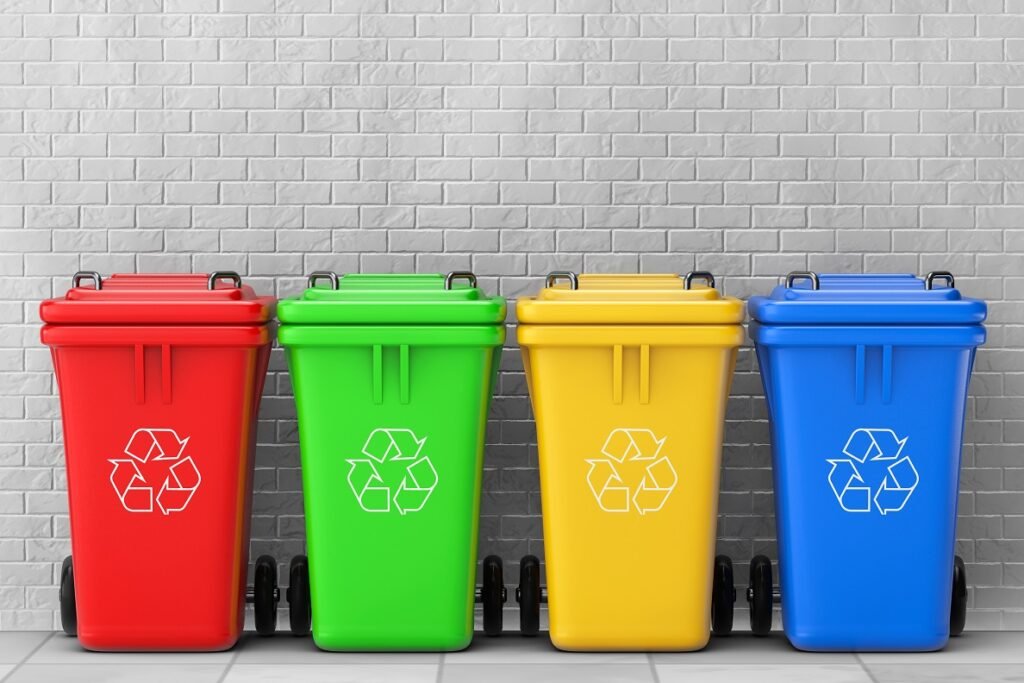In Malaysia, “Solid Waste and Public Cleansing Management (Scheme for Commercial, Industrial and Institutional Solid Waste) Regulations 2018” (hereinafter referred to as the Regulations) were promulgated on July 31, 2018. The Regulations prescribe the requirements for the management of “commercial solid waste”, “industrial solid waste”, and “institutional solid waste”, providing obligations imposed on the generators, collectors, transporters, and treatment/disposal facilities of such waste.
The original text of the Regulations can be downloaded from the following URL.
https://jpspn.kpkt.gov.my/resources/index/user_1/Perundangan/peraturan_PSPPA/P.U.(A)181.pdf
The original text of “Solid Waste and Public Cleansing Management Act 2007”, which is the superordinate law of the Regulations, can be downloaded from the following URL.
https://jpspn.kpkt.gov.my/index.php/pages/view/33
The definitions of the waste covered by the Regulations
“Commercial, industrial, and institutional solid waste” covered by the Regulations can be classified into four categories as follows.
- Recyclable commercial, industrial, and institutional solid waste
- Bulky solid waste
- Garden solid waste
- Other solid waste
The definition of each term above is as follows.
|
Terms |
Definitions |
| Commercial solid waste | All solid waste generated from various commercial activities |
| Industrial solid waste | All solid waste generated from various industrial activities |
| Institutional solid waste | All solid waste generated from various facilities including legally licensed facilities, government facilities, educational facilities, hospitals, public museums, libraries, and zoos |
| Recyclable commercial, industrial, and institutional solid waste | Waste as specified in the Second Schedule of the Regulations, specifically, paper, glass, plastic, wood, metal, garden solid waste, food scrap, fabric, and tires. |
| Bulky solid waste | Commercial, industrial, or institutional solid waste oversized to fit into a receptacle including appliances, furniture, tree trunks and branches. |
| Garden solid waste | Plants, leaves, grass, roots with attached soil, or any other similar solid waste generated from various facilities including industrial facilities. |
| Other solid waste
(Residual solid waste) |
Commercial, industrial, or institutional solid waste that cannot be reused, recycled, or composted and that can be contained in a receptacle. |
Obligations of the commercial, industrial, or institutional solid waste generators
Commercial, industrial, or institutional solid waste generators (hereinafter referred to as the “Generators”) shall select a company to provide waste collection service appropriate to their region and the type of solid waste generated, under the provisions of the Regulations. Records of the selection process must be maintained. The Generators are required to segregate the solid waste into the four categories above and leave them at the collection sites in a manner that does not disturb others. They are also required to select appropriate places to store waste before they are collected (places that meet conditions such as not being affected by flooding, not being infested with insects or rats, not spreading various diseases, and not polluting soil, groundwater, and surface water), and to not store waste in excess of the storage capacity. In addition, the Generators shall retain records of collection services issued by the collection service providers for seven years.
 Malaysia promulgates regulations on management of industrial solid waste
Malaysia promulgates regulations on management of industrial solid waste 

























